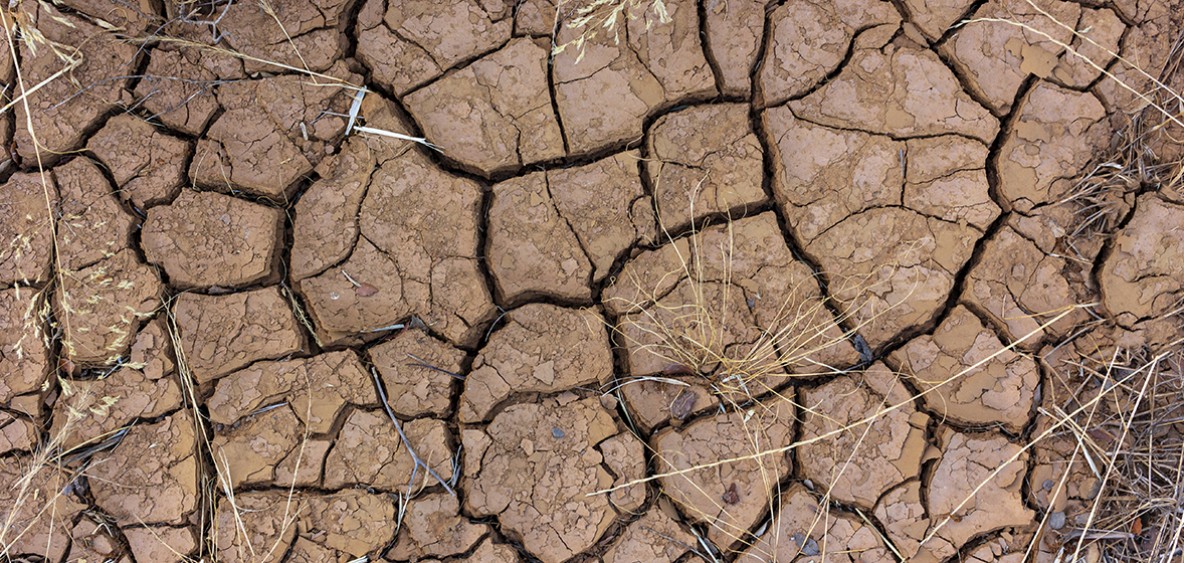
The FAO is supporting the UN Convention to Combat Desertification (UNCCD) Secretariat in the development of a technical guide on integrating the Voluntary Guidelines on Responsible Governance of Tenure on Land, Fisheries and Forest in the context of National Food Security (VGGT) into the implementation of the UNCCD and Land Degradation Neutrality (LDN). This guide will be presented at the 15th session of the Conference of the Parties to the UNCCD (COP15).
Since June 2020, FAO, in collaboration with UNCCD, has organised a series of inclusive multi-stakeholder e-consultations to develop the guide. Land degradation neutrality and responsible land governance are natural allies for the integrated implementation of the 2030 Agenda. However, implementing the VGGT principles in policy and practice and implementing LDN projects and programmes are inherently complex and challenging.
This technical guide is unique as it provides an overarching framework for action by integrating elements of all the available VGGT technical guides produced (12 technical guides to date) as part of FAO’s initiative to help develop capacities to improve tenure governance. The technical guide, currently under preparation, will formulate potential pathways for applying the VGGT principles to achieve LDN. These pathways address common land tenure challenges, which could hamper the achievement of LDN and SDG 15.
The guide will help governments achieve targets of LDN, raise awareness and build capacity on VGGT within 19 African countries, including all 12 RFS countries.
Throughout Africa, the desertification of arable farmlands is increasing, disproportionately affecting poor rural communities that depend on smallholder agriculture for food security and livelihoods. The leading causes for land degradation in the region are population growth and unplanned urban growth, which lead to a domino process in land-use changes: increasing deforestation, overgrazing, unsustainable agricultural practices (e.g., land clearing, charcoal and wood extraction). These drivers are further driven by insecure or non-recognised legitimate land tenure rights and by policy, legal and organisational frameworks that fail to deliver responsible governance of tenure.
Governance of tenure offers a foundation for managing natural resource use in a way that supports long-term conservation outcomes while simultaneously promoting local resilience and sustainable livelihoods. Supporting rural communities to secure and scale up land rights can reduce the risk of land grabs and develop new opportunities for conservation. Improving governance for sustainable development of food and agriculture will also set forth a holistic COVID-19 response.
The relationship between tenure governance and land degradation neutrality is complex, multi-factual and multi-scale (national, subnational, local). Often, countries face challenges in implementing programmes and projects on sustainable land management or land restoration and responsible land governance. In countries where land administration systems and land management/ecosystem restoration programmes are located in different agencies/ministries, it becomes increasingly challenging to address the challenges faced by sustainable resource management in the context of climate change.
As part of the technical guide development process, RFS country projects will nominate two people to participate in the VGGT awareness and capacity building process, occurring virtually between May and October 2021. These virtual events will help inform the development of a technical guide to help African governments implement the LDN goals of the UNCCD.
FAO will conduct initial country consultations with nominees from 12-14 July 2021 to help gather information and compile a list of potential case studies from each country. FAO will further develop these case studies during the awareness and capacity building sessions.
Subscribe to our monthly newsletter to receive updates on stories directly from the field across all our projects, upcoming events, new resources, and more.